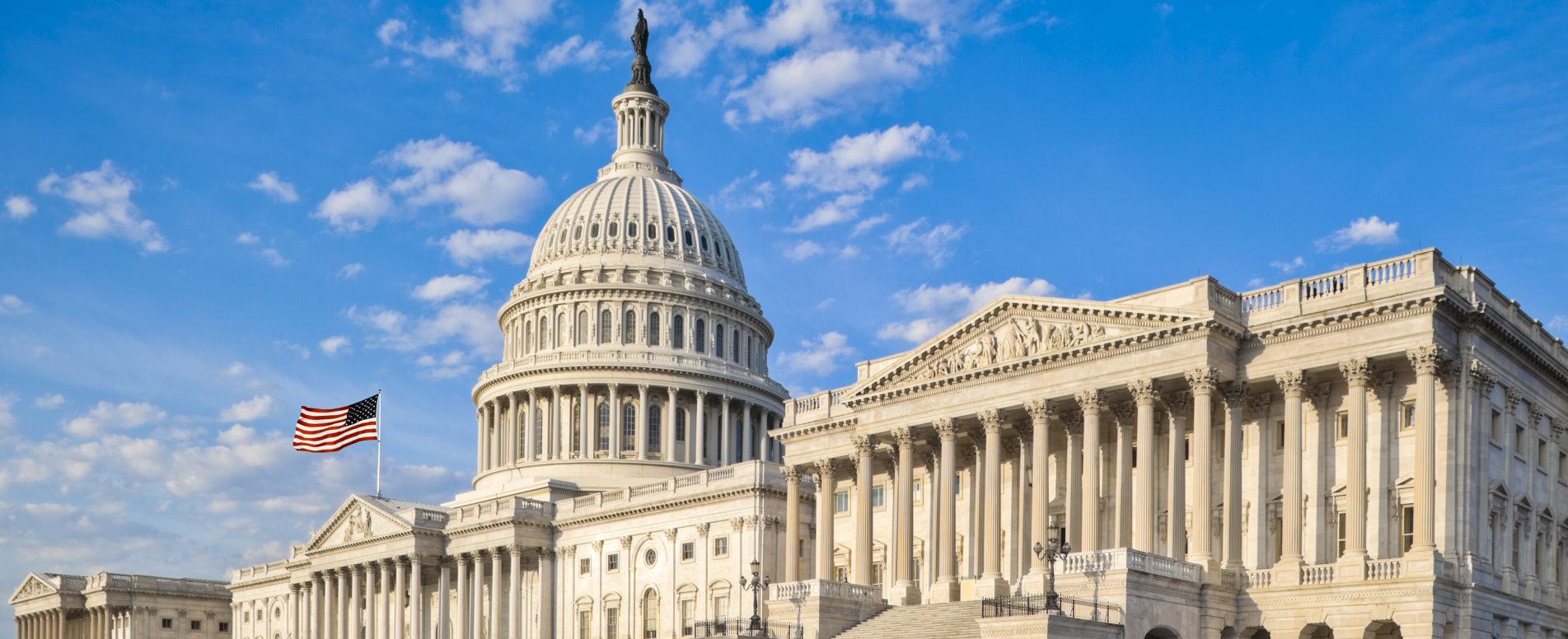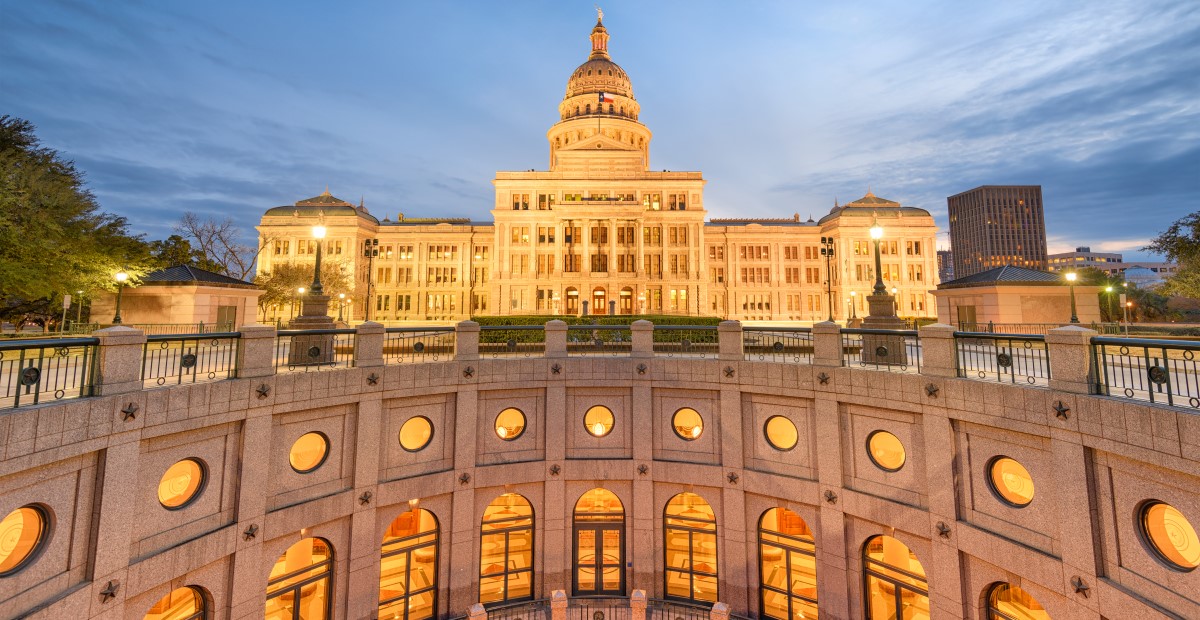Buckley voucher plan in limbo as stalemate continues between him and the governor

Date Posted: 10/25/2023 | Author: Tricia Cave
House Public Education Committee Chairman Brad Buckley (R–Salado) filed his long-awaited voucher bill, House Bill (HB) 1, late last week. The bill, as had been expected, includes several previously filed ideas, such as modifications to school funding formulas and educator compensation, meant to entice hesitant rural Republicans to support the bill.
Key provisions of the bill include:
- A voucher based on 75% of average state and local per-student public school funding, estimated to be approximately $10,000 per voucher. Because the voucher amount is based on a percentage, the total amount of the voucher would go up or down based on changes in overall public school funding over time. Current private school and home-schooled students would be eligible, and all students receiving the voucher would be required to take the STAAR test. While there are no income or other needs-based eligibility restrictions, there is a prioritization for students with special needs and students from low-income families.
- The total number of students eligible for funding would be limited to 25,000 the first year and increase by an additional 25,000 students in the following two years. After that, assuming the bill were reauthorized, the cap would be removed, making the program open to all private, home-school and public school students.
- Increasing the Basic Allotment (BA) by $30 in the first year and $310 the following year. (To cover inflation since 2019, the bill would need to increase the BA by approximately $1,200 for the 2023-24 school year.)
- Changing per-student school safety funding from a hard dollar amount to a weight based on the BA and/or hard dollar amounts based on campus enrollment of a campus.
- Eliminating the current minimum salary schedule (MSS) and replacing it with a new, more complex system based on certification pathways that includes only three steps at years 0, 5 and 10.
- Providing a one-year $4,000 stipend for educators subject to the current MSS in the 2023-24 school year.
- Expanding the Teacher Incentive Allotment to include a new fourth category and increasing award amounts of the existing designations, with the exception of the amount tied to National Board Certification, which would not increase.
- Requiring that at least 50% of any increase to the BA be spent on compensation for a subset of non-administrative campus educators (up from 30%).
Unlike the Senate voucher bill, Senate Bill (SB) 1, the Buckley bill ties teacher pay and funding to the voucher. The Senate has passed a pair of bills: SB 1, the Senate’s voucher legislation, and SB 2, which includes approximately $6 billion in funding for teacher pay, school safety, and a minor increase to the BA—without a voucher. Those bills passed the Senate Oct. 12 and are currently pending in the House. While the House is very unlikely to pass a standalone voucher bill, such as SB 1, it is somewhat inexplicable why if the call were expanded, they would not send SB 2, a voucher-free school funding bill, on to the governor to either pass or veto.
A coalition of House Democrats and rural Republicans have historically held strong against voucher proposals, preventing any such legislation from passing that chamber. Although the Buckley bill includes several provisions meant to entice rural Republicans to support the bill, it appears they are not biting and that the votes are not currently there to pass the ATPE-opposed bill.
Gov. Greg Abbott (R) has stated that he purposely did not include teacher pay or school funding on the special session agenda and does not want those issues addressed until after a voucher is passed. The governor’s spokesperson has called the voucher in the Buckley bill “insufficient.” The legislation, the governor’s office said, “differs from what the governor’s office had negotiated with the House’s leadership team selected by the speaker.” Abbott has vowed to keep working with the House team and the speaker’s office until a deal is reached.
The House parliamentarian has refused to refer HB 1 to committee as several items in the bill are outside the scope of the governor’s special session call. It is critical that ATPE members engage with their elected representatives to express their opposition to any voucher legislation. Please visit Advocacy Central to send a message to your representative today and remind them to stand strong and hold the line on vouchers. Educators must keep up pressure on lawmakers to ensure that behind-the-scenes negotiations don’t break any logjams and that opposition to vouchers stays strong into the all-but-certain fourth called special session.
CONVERSATION
RECOMMENDED FOR YOU

02/06/2026
Teach the Vote’s Week in Review: Feb. 6, 2026
A special election runoff in Texas Senate (SD) 9 results in a dramatic party flip in a Republican stronghold.

02/06/2026
Congress finally unveils long-awaited education budget after another brief government shutdown
Texas schools are receiving short-term stability in key federal supports but no new fiscal capacity to address growing student needs, staffing challenges, or service mandates.

02/05/2026
How does the first round of Senate interim charges relate to public education?
Senate Finance will study lowering the homestead exemption age from 65 to 55, and Senate Education will study the influence of federal or state-designated hostile agents or their surrogates on public schools.


I am a teacher and I am furious that Gregg Abbot thinks that my mediocre salary is a bargaining chip for his political career! VOTE NO TO SB1 and VOTE GREG ABBOT OUT OF OFFICE!!!
Please stand strong on saying NO to vouchers. Don’t let Greg Abbott dictate the things he wants without letting the people decide in an election